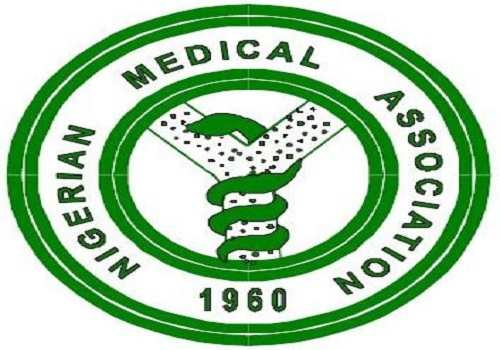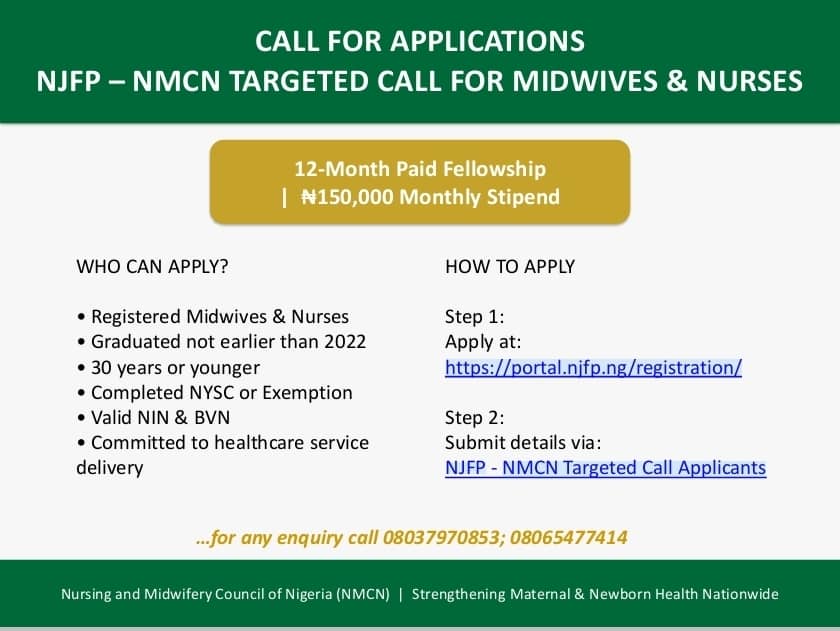WHO has rapidly expanded and strengthened disease detection and response in support of the Government of Nigeria’s response to the humanitarian crisis in north eastern Nigeria, where 3.7 million people are in need of health assistance.
Within two weeks of scaling up its emergency response in late August 2016, WHO rolled out its Early Warning Alert Response System (EWARS) in 56 health facilities in Borno state. By mid-October, as access to some hard-to-reach areas improved, the number of disease detection sites tripled. Now 160 sites in Borno state are using the system, covering around 85% of internally displaced persons (IDPs) living in Borno state – about 1.3 million people in 13 Local Government Areas.
The EWARS project is an initiative to strengthen disease early warning, alert and response in emergencies. ‘EWARS in a box’ contains all the equipment needed to set up a disease surveillance system, including mobile phones, laptops, solar-powered generators and chargers, all specifically designed to work in difficult and insecure operating environments like north eastern Nigeria. It includes an application that can be rapidly configured and deployed on mobile phones within 48 hours of an emergency being declared.
The advantage of the mobile application is that data is collected and submitted in real time by health staff working in health facilities. EWARS also tracks disease alerts and publishes automated epidemiological bulletins each week to support data analysis and interpretation. This allows WHO and Ministry of Health epidemiologists to access the data and take action on alerts far more rapidly than was possible before.
 The EWARS application supports existing national disease surveillance systems, in addition to expanding surveillance to include other diseases with a public health burden in IDP camps and host communities, such as malaria, severe acute malnutrition, diarrhoea and acute respiratory infection. WHO works with Ministries of Health and health sector partners to train local health workers to use the system. EWARS complements Nigeria’s existing Integrated Disease Surveillance and Response (IDSR) System which has been weakened by the crisis, facilitating real time flow of information for timely response.
The EWARS application supports existing national disease surveillance systems, in addition to expanding surveillance to include other diseases with a public health burden in IDP camps and host communities, such as malaria, severe acute malnutrition, diarrhoea and acute respiratory infection. WHO works with Ministries of Health and health sector partners to train local health workers to use the system. EWARS complements Nigeria’s existing Integrated Disease Surveillance and Response (IDSR) System which has been weakened by the crisis, facilitating real time flow of information for timely response. “With EWARS, we can quickly adapt to the needs on the ground because it provides real-time reporting which is beneficial to both the government and partners. This system of electronic reporting is great because we are able to send surveillance information and instantly and receive alerts and take appropriate action,” said Dr Lawi Mshelia, Director of Public Health, Borno State Ministry of Health. “With EWARS strengthening our weekly Integrated Disease Surveillance and Response reporting we can rapidly be alerted to potential disease outbreaks. This is crucial to allowing us to initiate a timely response with our partners. Still to do that, we need more resources and partners on the ground.”
Using EWARS for a more targeted response
EWARS enables evidence-based decision making for a more targeted response. Data collected by the system has shown that malaria continues to be the most common disease in much of Borno state. Using these results, WHO and partners have been able to more clearly target prevention and response measures, such as getting medicines and supplies where they are needed most, or helping to plan mosquito bed net distribution campaigns.
“Now that we have EWARS in place, the system can be used by local health workers for the emergency response, and we can upgrade and adapt it as health needs change,” said Dr Ifeanyi Okudo, WHO Surveillance Officer.
WHO’s EWARS initiative is committed to supporting disease surveillance, alert and response even in the most difficult operating environments. EWARS tries to catch disease outbreaks early on to help contain them in emergencies by providing technical support, training and field-based tools to Ministries of Health and other partners.
In 2015, WHO initiated a pilot deployment of its “EWARS in a box”, which is a kit of durable, field-ready equipment needed to establish and manage surveillance or response activities in field settings. A single kit costs approximately US$ 15 000 and can support surveillance for 50 fixed or mobile clinics, or roughly 500 000 people. Deployed to a settlement in Mingkaman with about 80 000 IDPs, WHO trained health workers to use the system.
Pilot tested in South Sudan in December 2015, WHO has also deployed EWARS to support emergency responses in Ethiopia, Fiji and Nigeria in 2016 with plans to eventually deploy the system in all future emergency settings.
ABUJA: Training Schedule for Basic Life Support BLS, Pediatric Advanced Life Support (PALS), Advanced Cardiovascular Life Support ACLS, First Aid, CPR, AED
PORTHARCOURT: Training Schedule for Basic Life Support BLS, Pediatric Advanced Life Support (PALS), Advanced Cardiovascular Life Support ACLS, First Aid, CPR, AED
LAGOS: Training Schedule for Basic Life Support BLS, Pediatric Advanced Life Support (PALS), Advanced Cardiovascular Life Support ACLS, First Aid, CPR, AED
STOP paying for airtime and electricity, Let your phone pay its bills with ScreenT




